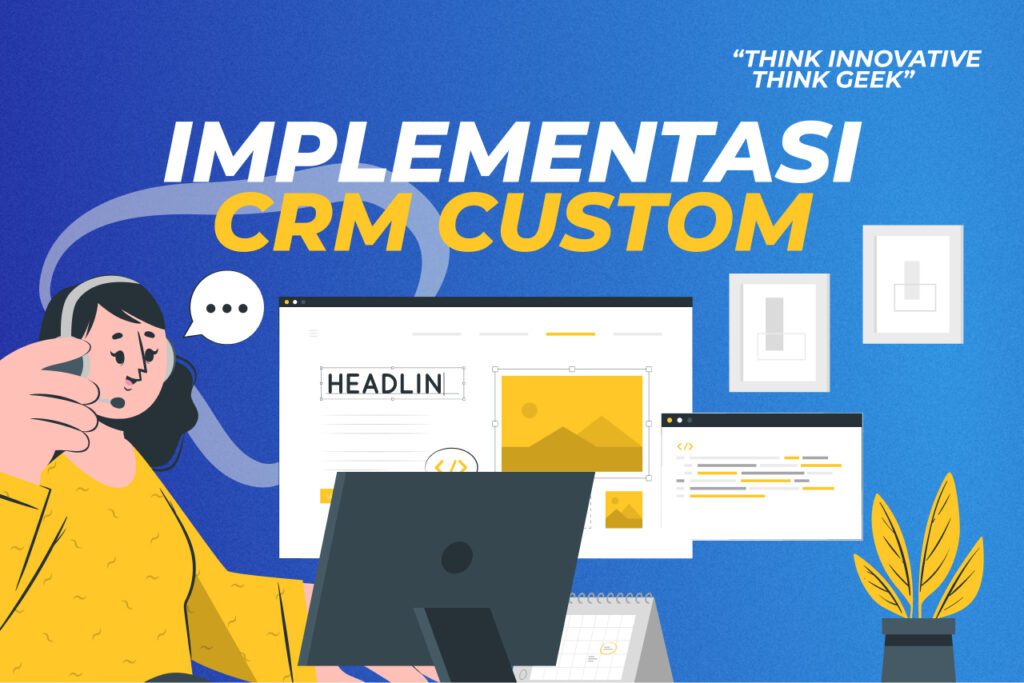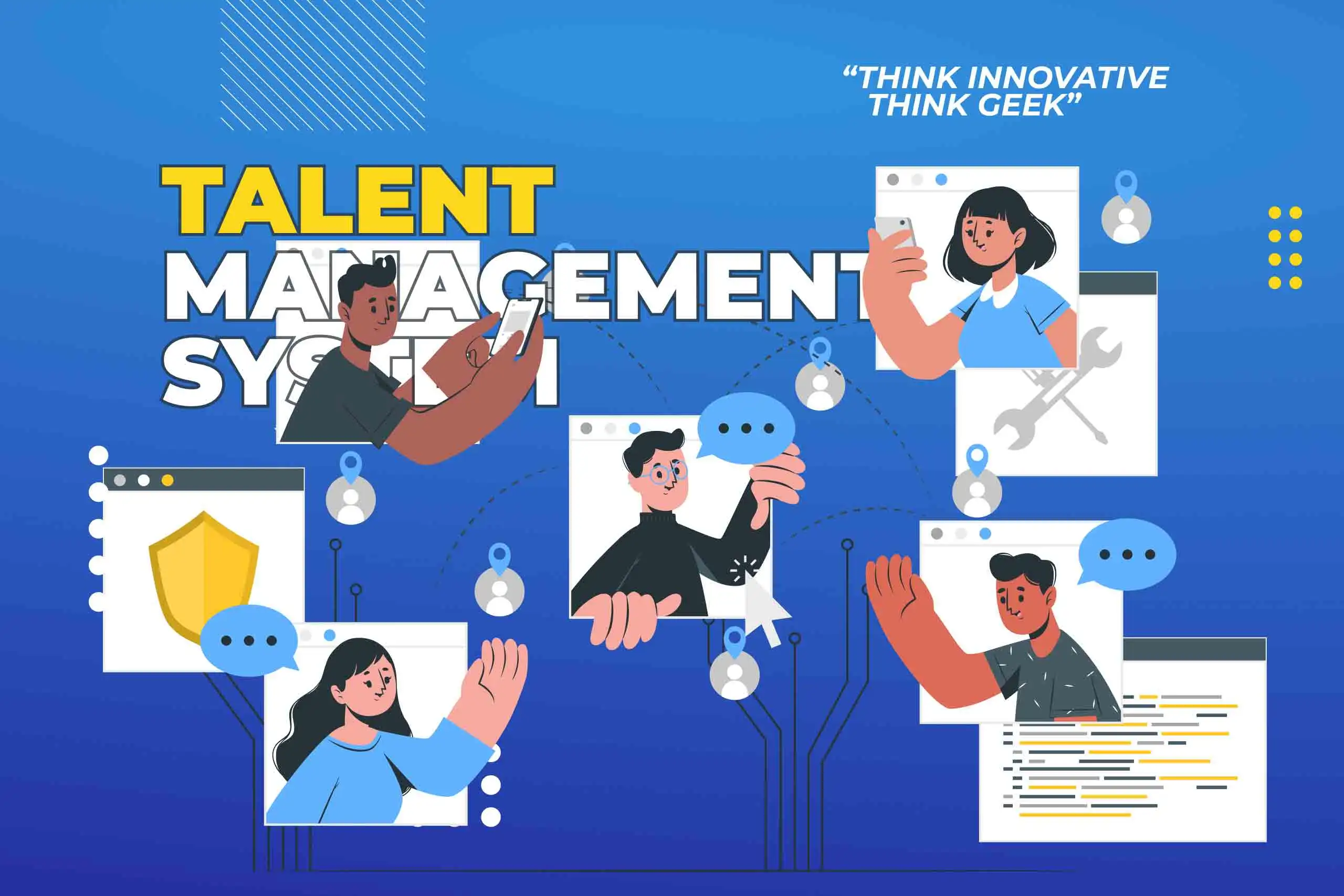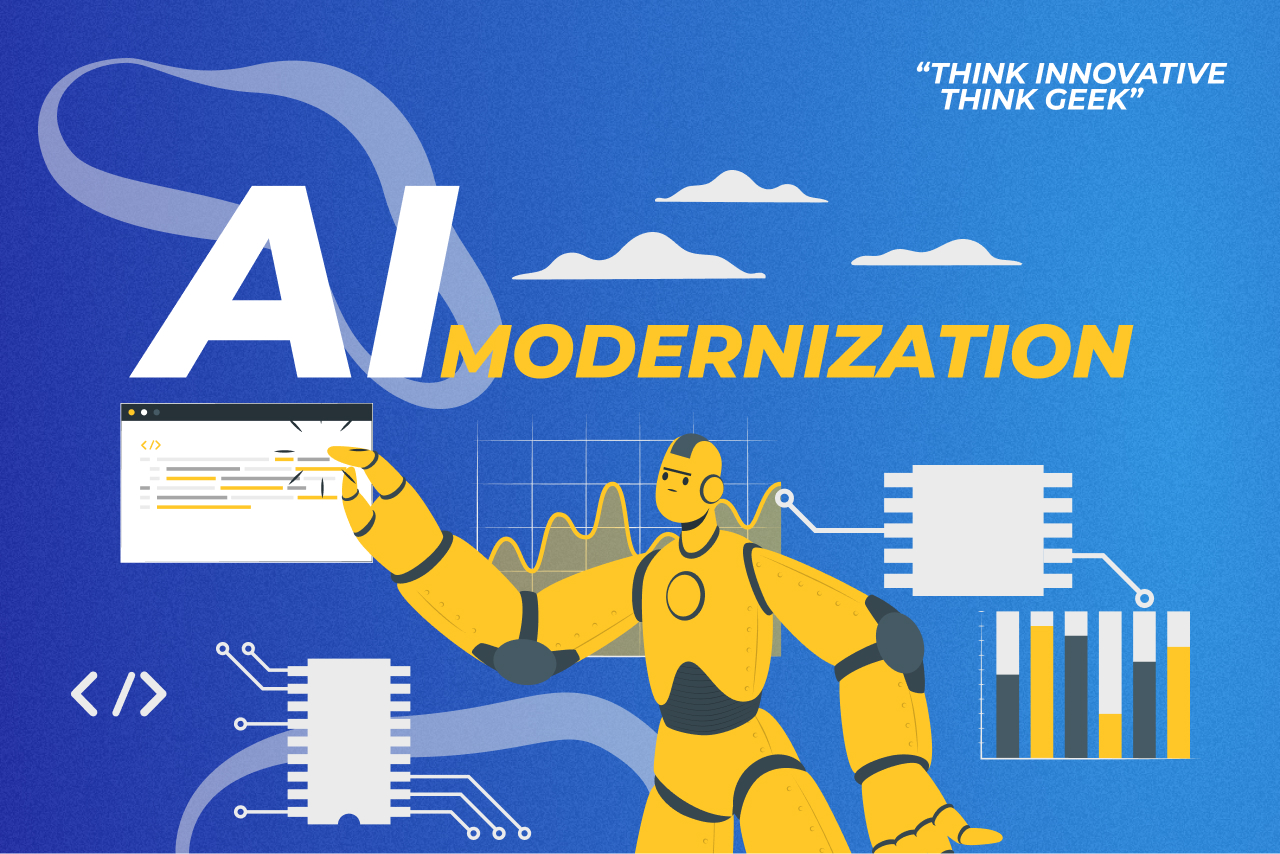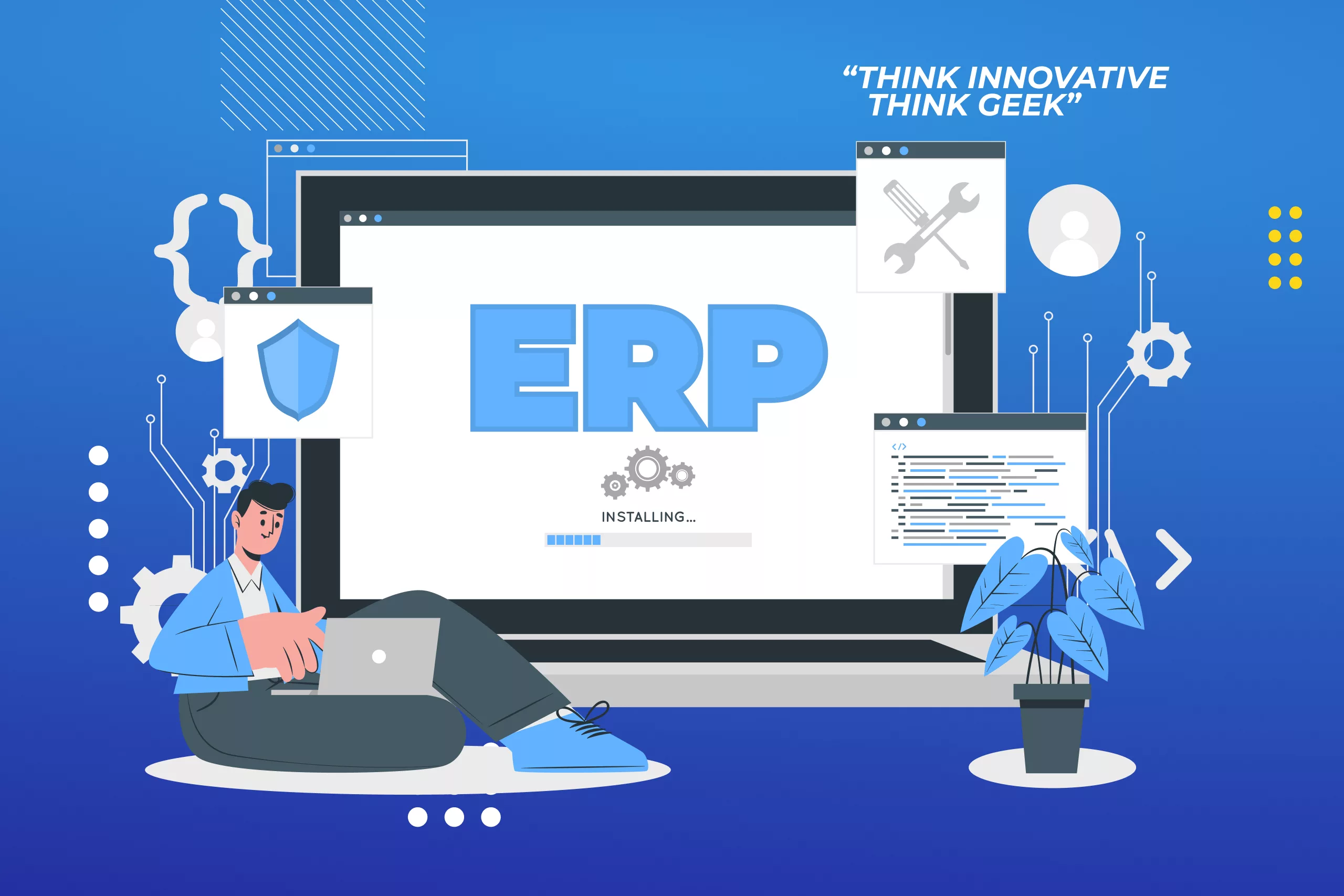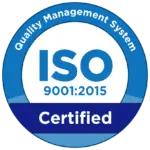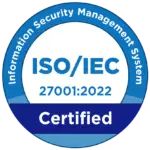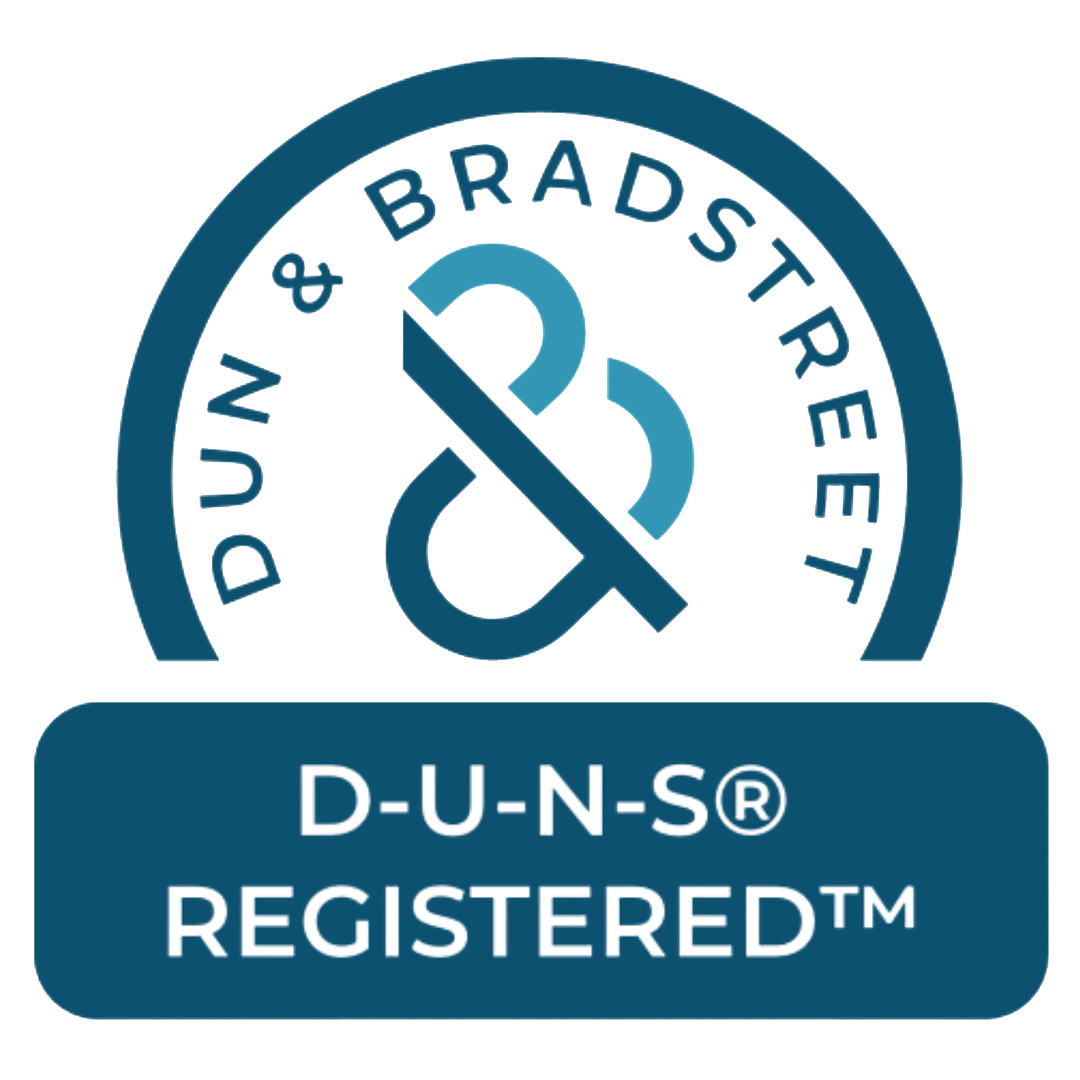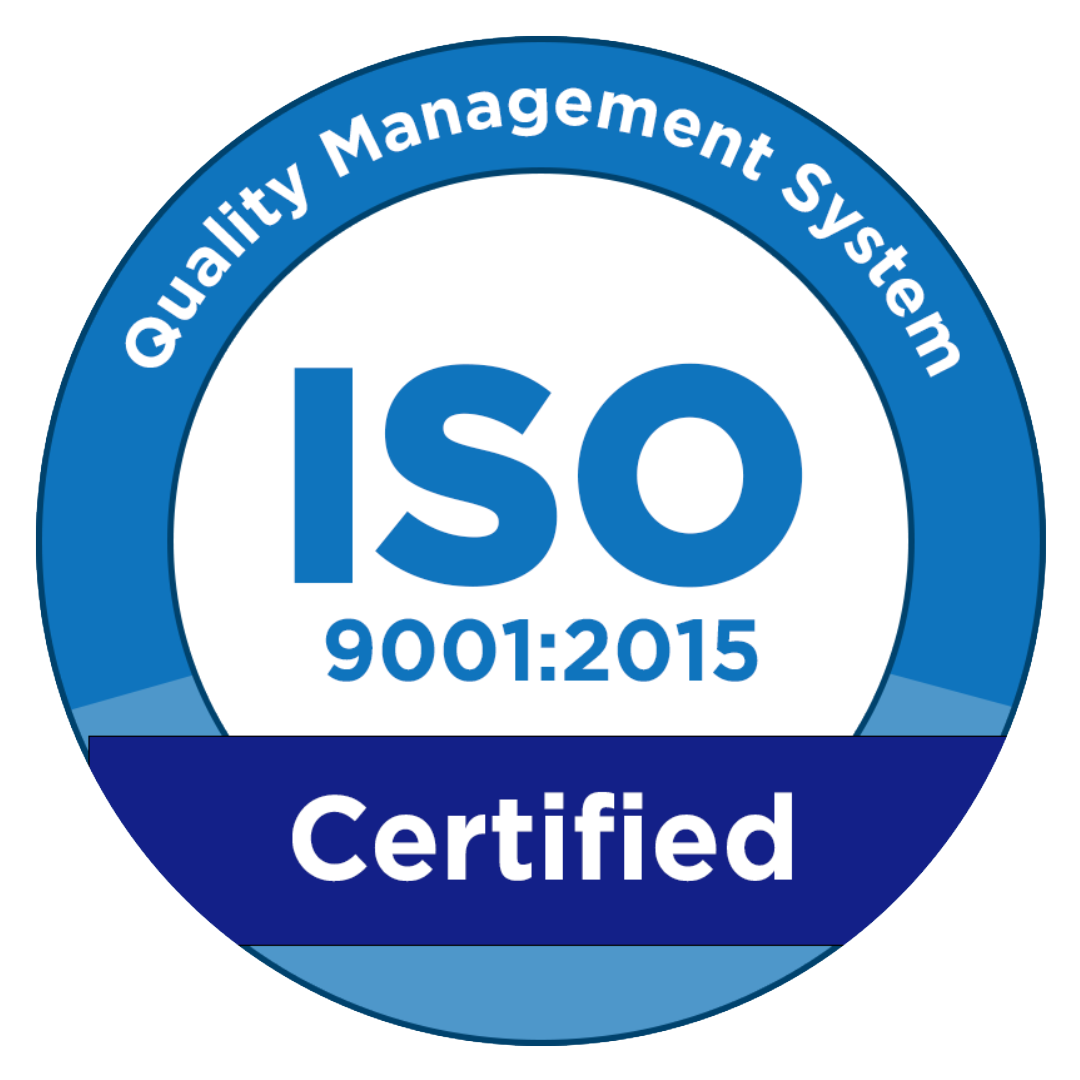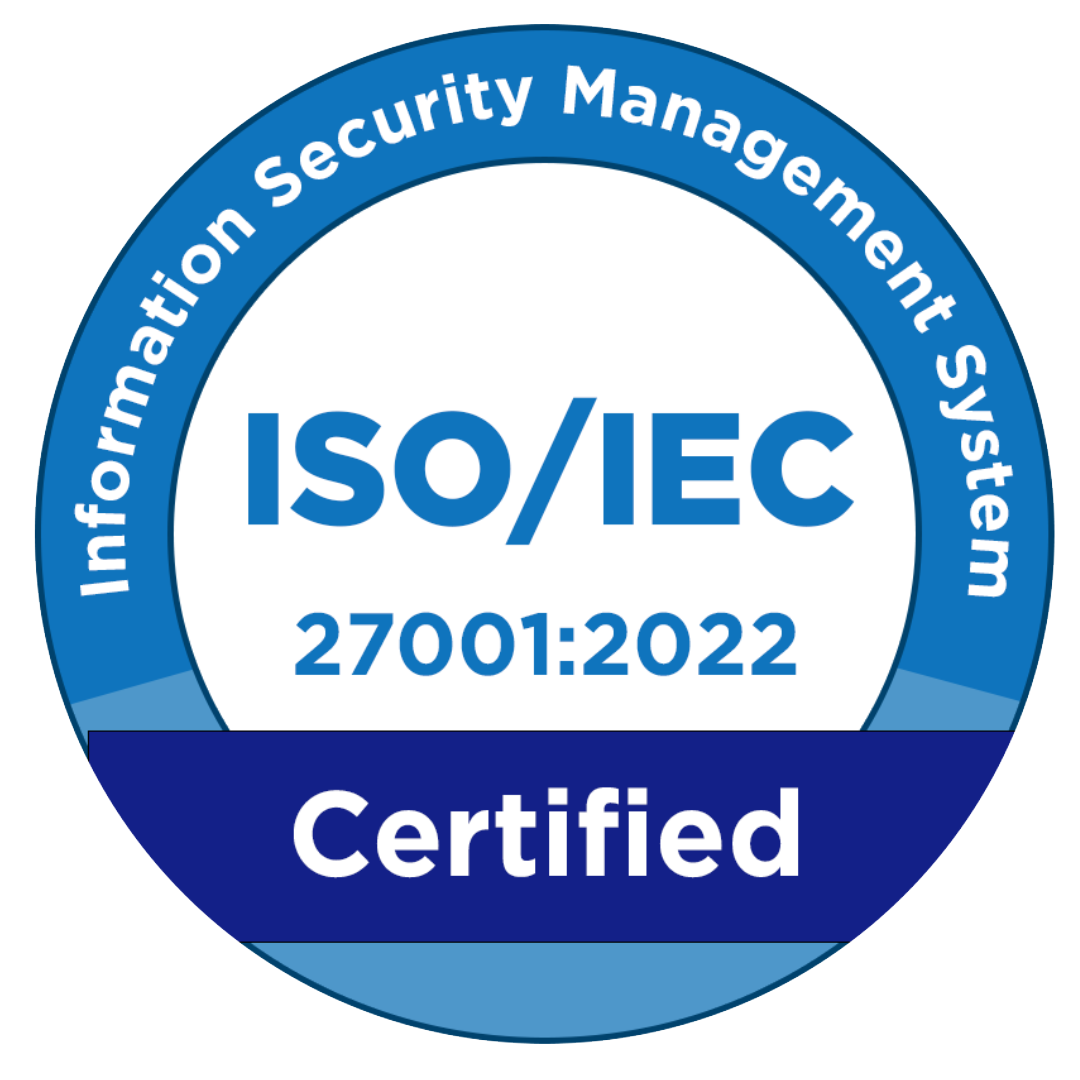In today’s digital age, businesses must operate with high efficiency to stay ahead of rapid developments and tight competition. Additionally, maintaining strong customer relationships is crucial. That’s why implementing a custom CRM system has become an important step in business operations. In this article, you’ll learn the steps of custom CRM implementation, along with best practices for success.
What is CRM?
Before moving further, let’s understand what CRM is. CRM (Customer Relationship Management) is an application used to manage customer relationships. It not only manages but also collects and stores various types of customer-related data on a centralized platform.
This application offers high flexibility to meet your specific business needs. Therefore, the implementation process must begin with detailed requirement gathering, module design, data migration, training, and optimization.
What Are the Stages of Custom CRM Implementation?
Custom CRM implementation requires a series of comprehensive steps. Before starting the development process, prepare a clear concept and conduct thorough requirement gathering to ensure the application aligns with your needs. Here’s a look at the custom CRM development process:
1. Preparation and Requirement Gathering
The first and most crucial step is preparation and requirement gathering. Identify your business needs and core processes so that the CRM solution is relevant and effective.
This includes interviews with key stakeholders, creating use cases, and mapping the customer journey to highlight pain points.
Then, create an implementation roadmap with measurable KPIs such as sales response time, customer retention rate, and cost per acquisition. Frequent communication with sales, marketing, and service teams will help ensure the CRM module requirements are complete and accurate.
2. CRM Module Design and Configuration
Choose CRM modules according to your business needs (sales, marketing, service), with workflow customization options that are flexible. Configuration involves creating custom fields, automation rules, and integrations with email and ERP systems. Also, adjust the UI/UX to make adoption easier for end users and reduce the learning curve.
3. Data Migration and System Integration
Plan a historical data migration strategy including data mapping, data cleansing, and creating a staging environment. Use APIs for real-time integration with ERP, e-commerce platforms, and analytics tools. Gradual testing during migration will help ensure data integrity before full go-live.
4. User Training and Change Management
Provide role-based training programs tailored for admins, sales reps, marketing teams, and service agents so that every user understands CRM functionality.
To handle resistance to change, use tactics like executive sponsorship, communicating benefits clearly, and offering rewards for early adoption.
5. Go-Live and Monitoring
Next, conduct a phased go-live, starting with a small pilot group before full implementation. Set up monitoring dashboards to track adoption metrics, SLA performance, and real-time user feedback.
6. Optimization and Continuous Improvement
The final stage is optimization and continuous improvement. Establish a user feedback loop to improve features and the user experience. Analyze ROI reports and periodically review CRM modules for iteration and better operational efficiency.
Estimated Time and Cost to Develop a Custom CRM Application
Generally, CRM development costs fall into three categories: development, maintenance, and infrastructure. A simple custom CRM typically costs around IDR 75,000,000 to IDR 100,000,000. For more complex systems, costs start from IDR 100,000,000.
Other components that affect CRM development costs include UI/UX design, system integration, and custom features.
As for the development timeline, it depends on the complexity of the project. Integration, technology sophistication, and the size of the development team also affect the process. Typically, CRM development takes around 3 to 6 months, and sometimes over a year.
Best Practices for Effective CRM Implementation
If you want to build an effective and efficient custom CRM, start by planning your business strategy before proceeding further. Competitor research and analysis are also important to understand market strategies and find your business differentiator.
Next, analyze your target market to understand the potential customer base. Use this data to reach a wider audience with the right preferences. After that, it’s important to set your Key Performance Indicators (KPIs), which help your business measure success.
Ready to Build a Smooth and Impactful Custom CRM Implementation?
That wraps up the explanation of custom CRM implementation stages and effective best practices for your business. A successful CRM implementation requires careful planning, from requirement gathering to continuous improvement, to maximize engagement and ROI.

Implementing a custom CRM system could be the right solution to improve your business operations. If you’re looking for a vendor to develop a custom CRM system, GeekGarden is the right choice.
Get a CRM system tailored to your specific business needs. Reach out now for a free consultation with the GeekGarden team to start your custom CRM implementation.
Author: Sari Dewi (Content Writer)



